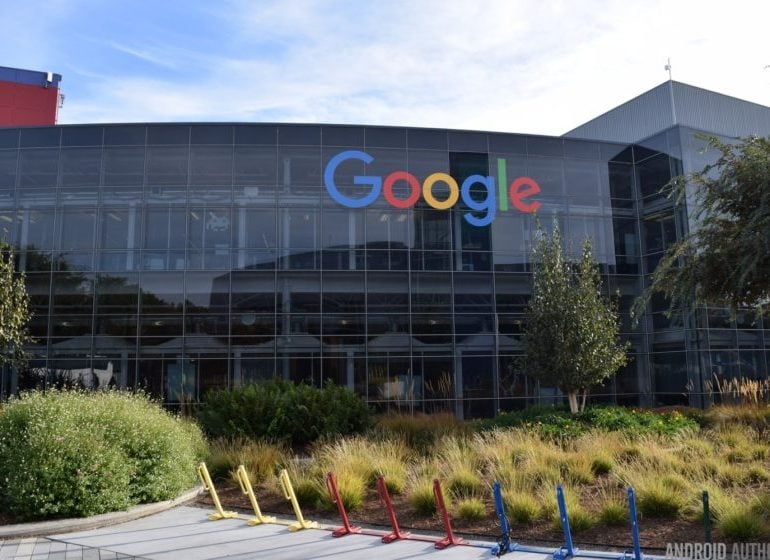Google says it has been tracking the location of android users with the addresses of local phone masts, even when location services were turned off and the sim cards removed.
According to a recent Quartz investigation, Google has maintained this since the beginning of 2017.
“Since the beginning of 2017, Android phones have been collecting the addresses of nearby cellular towers—even when location services are disabled—and sending that data back to Google,” the report read.
“The result is that Google, the unit of Alphabet behind Android, has access to data about individuals’ locations and their movements that go far beyond a reasonable consumer expectation of privacy.”
When contacted, a Google spokesperson confirmed the development saying the information was not stored.
“In January of this year, we began looking into using Cell ID codes as an additional signal to further improve the speed and performance of message delivery.
“However, we never incorporated Cell ID into our network sync system, so that data was immediately discarded, and we updated it to no longer request Cell ID.”
The spokesperson also promised that android phones would no longer send cellular tower location data to Google by the end of November.
Although the section of Google’s privacy policy that covers location sharing says the company will collect location information from devices that use its services, it does not explain whether it will collect such information from Android devices when location services are off.
“When you use Google services, we may collect and process information about your actual location. We use various technologies to determine location, including IP address, GPS, and other sensors that may, for example, provide Google with information on nearby devices, Wi-Fi access points and cell tower,” a part of the policy reads.
Location services are used for apps like Google Maps and checking-in location information on apps like Facebook and Instagram.
Google also allows advertisers target users in specific areas using location data.
Copyright 2024 TheCable. All rights reserved. This material, and other digital content on this website, may not be reproduced, published, broadcast, rewritten or redistributed in whole or in part without prior express written permission from TheCable.
Follow us on twitter @Thecablestyle

